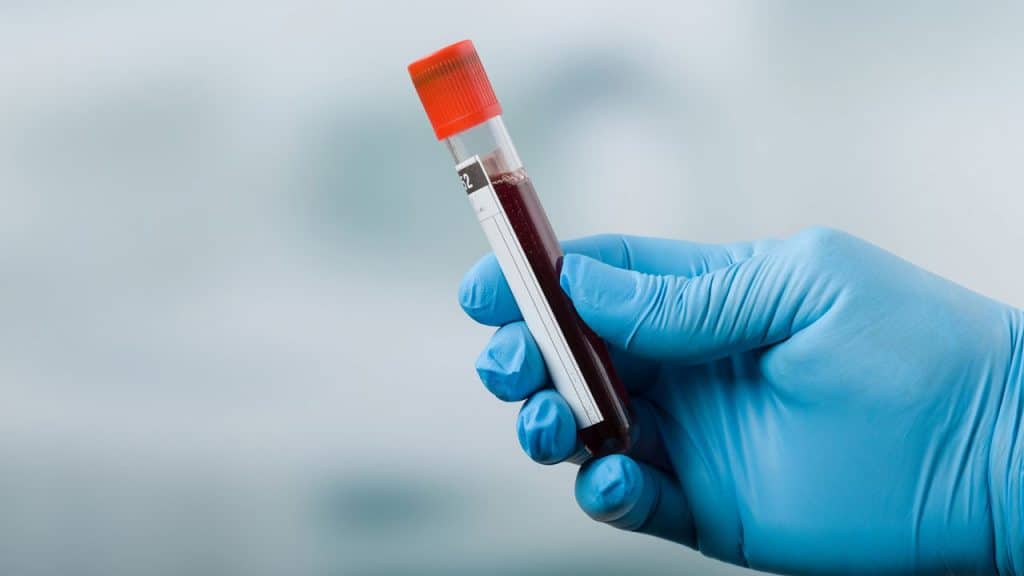So, you go to the doctor and tell them you think something’s wrong. They listen to your symptoms – perhaps it’s something serious, perhaps you’re just feeling tired and not quite yourself – and then say they need to run some tests. What exactly happens next?
Well, the most common kind of test is probably a blood test. No one particularly likes being poked with a needle until the blood comes out, but it’s blood that carries so many of the chemicals and nutrients you need around the body. If something’s not right, it’ll probably show in the blood.
For example, taking our tiredness example, one thing that can cause low energy levels is anemia. This is caused by a lack of red blood cells, which you can only check by counting said cells. That’s just one of the types of blood test available.
In the case of anemia, there’s also the question of what’s causing your red blood cell count to drop. There are a few possible causes, and again you’re going to want to check your blood, this time to see your iron and vitamin B12 levels, both of which affect your blood count. Once you’ve done the appropriate tests and know the cause, then you can plan the most appropriate treatment.
Hormones that you may want to check if you have low energy levels include thyroid hormones and testosterone. While anemia due to iron deficiency is more common in women, low testosterone is generally more of an issue for men. Either way, it’s only with the right diagnosis that you can get the right treatment, and that means performing the most appropriate tests.
It’s less obvious how lab work and testing can be helpful if the cause of your troubles is psychological or emotional. The doctor can ask you questions about your life and assess your answers according to a variety of scales, but this is less clear-cut than the hard numbers of a blood test. Again, though, hormones and chemicals may still be involved, in which case you may need to test their levels.
With a diagnosis in hand, you can begin to treat your symptoms and hopefully bring them under control. If the cause is a deficiency in a certain hormone, there may be supplements or medication you can take to increase that hormone. If the problem is life stressors, you may need to make lifestyle changes to your diet, exercise and sleep habits. In some cases, therapy may also be appropriate.
The first step to resolving any health condition is figuring out what is wrong with you. That means going to a doctor so they can analyze your symptoms properly and decide what tests you need. You can’t identify these things just by reading a list of symptoms on the internet. You need the actual, physical test if you’re going to get an accurate diagnosis.
An official diagnosis, supported by solid evidence that you can prove in the lab, is essential if you want to be able to access appropriate support and medication. That means you may have to face up to a dislike of doctors or fear of needles.




